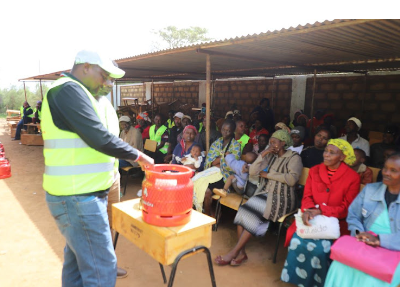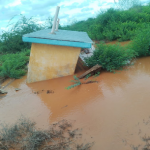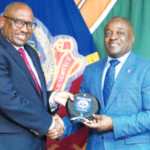The aftermath of the Maai Mahiu flood tragedy has left victims in dire need of support, both materially and psychologically. The devastating mudslide on April 29, 2024, claimed the lives of at least 62 residents, displaced hundreds, and caused widespread destruction of homes, infrastructure, and social amenities.
Led by individuals like Paul Kiragu and Anne Wanjiru, the affected residents are grappling with the immense challenges of rebuilding their lives after the catastrophe. Many have lost all their possessions and are struggling to come to terms with the trauma of the disaster.
While some victims are staying in government-established rescue centers, others have rented homes within Naivasha constituency. However, their struggles persist, with many unable to afford basic necessities or support their children’s education.
The generous donations from groups like the One United Gas Dealers have provided some relief, including gas cylinders, food rations, and cash. However, the needs remain substantial, particularly in terms of educational support for the children who survived the tragedy.
Psychological trauma is also a significant concern, especially among the children who have lost loved ones and witnessed the destruction firsthand. Many are struggling to concentrate in school and require professional counseling and support to heal from the emotional scars.
The efforts of compassionate individuals like Joseph Ndung’u and Stella Maris, who have donated funds for education and called for additional assistance, are commendable. However, sustained support from the government, corporations, and fellow Kenyans is essential to help the victims rebuild their lives and regain their sense of stability and security.
The government’s initiatives to resettle victims in rental houses and resume learning at affected schools are positive steps forward. Yet, more comprehensive support, including job opportunities for the residents, is needed to ensure their long-term recovery and well-being.



